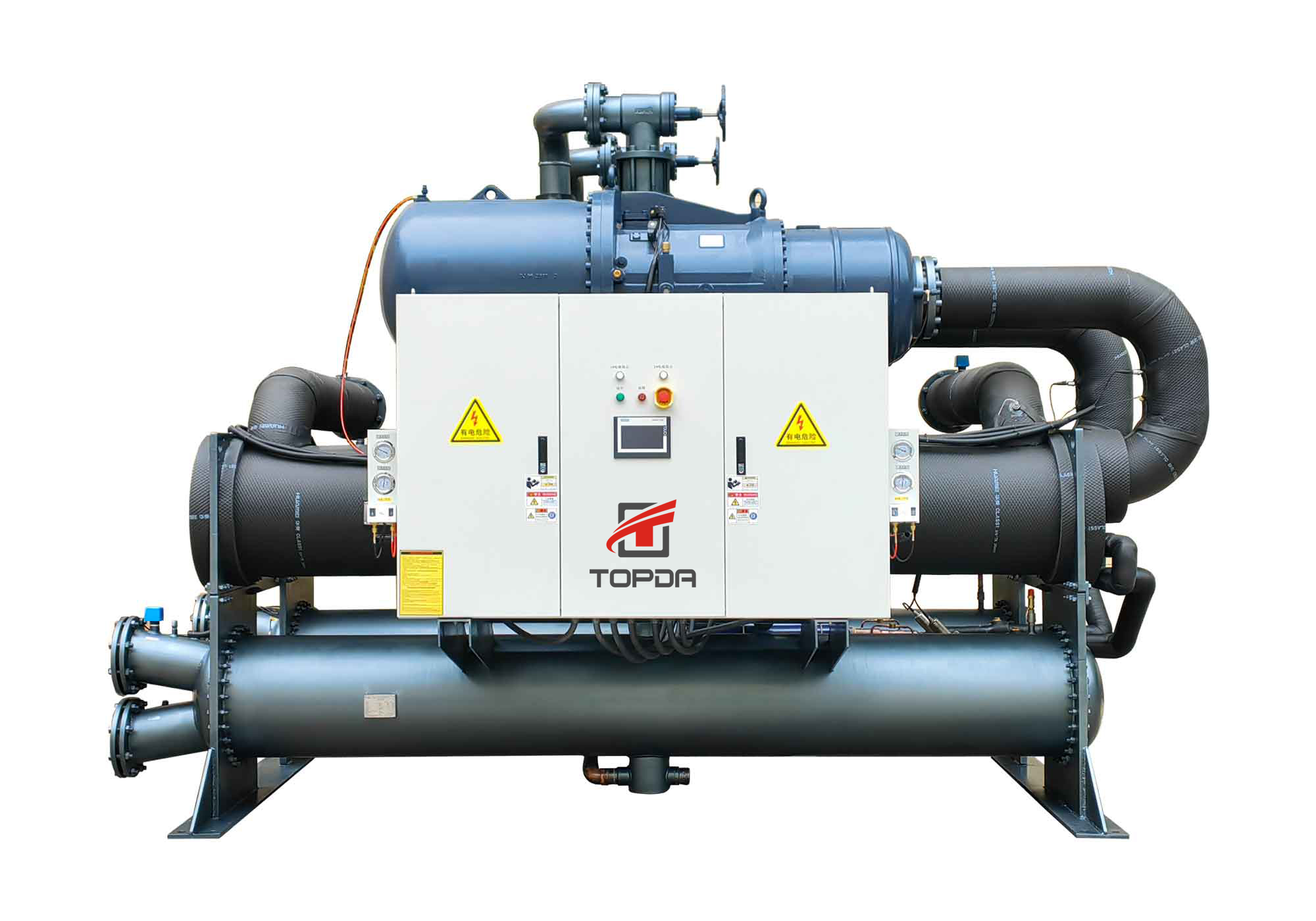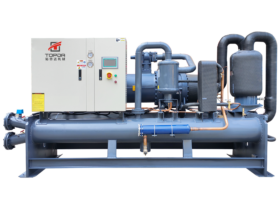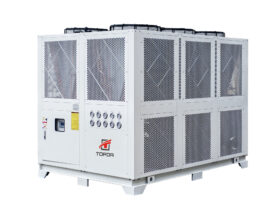
What is an Industrial Chiller?
Overview of Industrial Chillers: Understanding the Basics
In today’s industrial landscape, temperature control is a crucial aspect of-efficient manufacturing processes. Industrial chillers play a vital role in ensuring precise temperature control, which is essential for maintaining product quality, improving process efficiency, and reducing energy consumption. However, for those new to the industry, understanding what an industrial chiller is and how it works can be a daunting task.
What is an Industrial Chiller?
An industrial chiller is a vital equipment used to cool or heat fluids, such as water or a coolant, in various industries. Its primary function is to reduce the temperature of a fluid, which is then used to cool machines, equipment, or even entire facilities. Industrial chillers are widely used in various sectors, including manufacturing, oil and gas, healthcare, and food processing, among others.
Types of Industrial Chillers
Industrial chillers come in a variety of types, each designed to cater to specific needs and applications. The main types are:
| Type | Description |
|---|---|
| Air-Cooling Chillers | Use air as the coolant, often used in smaller applications |
| Water-Cooling Chillers | Use water as the coolant, widely used in large-scale industrial applications |
| Evaporative Chillers | Use water and air to cool the fluid, energy-efficient and cost-effective |
| Absorption Chillers | Use heat to cool the fluid, ideal for spots with limited power supply |
| Hybrid Chillers | Combine different cooling technologies for optimal performance and efficiency |
How Industrial Chillers Work
Industrial chillers work by utilizing a refrigerant, typically a liquid or gas, to absorb heat from the fluid being cooled. The refrigerant is pumped through a coil or heat exchanger, where it is cooled, and then returns to the evaporator coil, where the heat is transferred to the fluid. This process is repeated, maintaining a precise temperature and ensuring optimal cooling.
Advantages of Industrial Chillers
| Advantage | Description |
|---|---|
| Energy Efficiency | Industrial chillers can significantly reduce energy consumption, resulting in lower operating costs |
| Reliability | Well-designed and maintained industrial chillers can operate for years with minimal downtime |
| Scalability | Industrial chillers can be easily scaled up or down depending on the specific application |
| Flexibility | Chillers can be used in a variety of applications, including air conditioning, process cooling, and refrigeration |
Challenges and Limitations
While industrial chillers are essential for many industrial processes, they also come with some challenges and limitations:
| Challenge | Description |
|---|---|
| Maintenance | Periodic maintenance is crucial to ensure optimal performance and prevent breakdowns |
| Scalability | Scales of indeterminate size can be a challenge for some industrial chillers |
| Coolant Contamination | Care must be taken to prevent contamination of the coolant to ensure proper functioning |
Frequently Asked Questions (FAQs)
Will an industrial chiller be effective for my application?
Yes, an industrial chiller can significantly improve process efficiency and reduce energy consumption in various applications.
What type of industrial chiller is best for my needs?
The choice of industrial chiller depends on factors such as load requirements, available space, and budget, among others. Consulting with an expert can help determine the best option.
Can industrial chillers be used in a variety of settings?
Yes, industrial chillers are designed to be versatile and can be used in various settings, including manufacturing, oil and gas, healthcare, and more.
How do industrial chillers work?
Industrial chillers use a refrigerant to absorb heat from the fluid being cooled, which is then transferred to the environment or a heat exchanger.
Conclusion
In conclusion, industrial chillers are essential equipment for maintaining precise temperature control in various industrial processes. Understanding the types, advantages, and limitations of industrial chillers can help industries make informed decisions about implementing these systems. As the demand for efficient and reliable temperature control continues to grow, it is crucial for industries to consider the benefits of industrial chillers and how they can improve process efficiency, reduce energy consumption, and increase productivity.
Remember, a well-designed and maintained industrial chiller can have a significant impact on your bottom line. Consult with an expert to determine the best solution for your specific needs and ensure optimal performance.












Leave a Reply